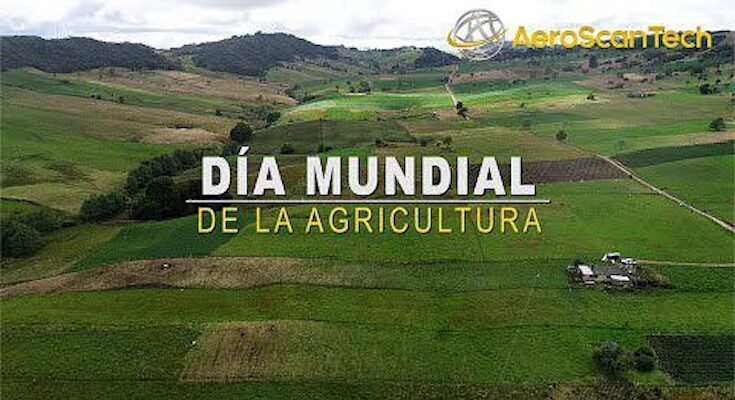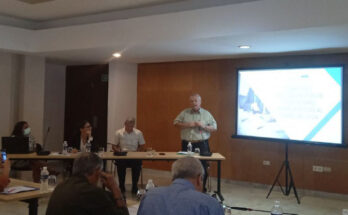Agriculture is an age-old activity through which food is grown and produced for human consumption, sustaining our existence.
However, on the occasion of World Agriculture Day, it would be worth reflecting on the impact of modern agriculture and how we can reconnect with our agricultural roots in a sustainable way.
Over the years, agriculture has evolved from humble beginnings to a highly technical, large-scale industry.
Hence the challenge of modern agriculture, as the growing demand for food and the ever-increasing population have led industrial agriculture to have a devastating impact on the planet.
What are the realities?
Industrial agriculture is associated with deforestation, excessive use of chemicals and loss of biodiversity. Monocultures and lack of sustainable soil management can impoverish ecosystems and make them vulnerable to diseases and pests.
Industrial agriculture also plays a significant role in climate change. It is a major contributor to greenhouse gas emissions and global warming. In addition, inadequate management of water resources in agricultural areas can lead to water scarcity, affecting billions of people worldwide.
It is therefore wise to rethink how we can return to the principles of a more sustainable agriculture in harmony with nature.
This means taking steps to preserve the diversity of plants and animals in our agricultural landscapes and responsibly managing our water resources.
Sustainable agriculture is not only possible, it is essential for our future. It urges us to be mindful of how we grow our food and to consider the impact on the environment.
Undertaking good, sustainable agricultural practices to feed the world responsibly should be the essence of an age-old activity that sustains our existence.




